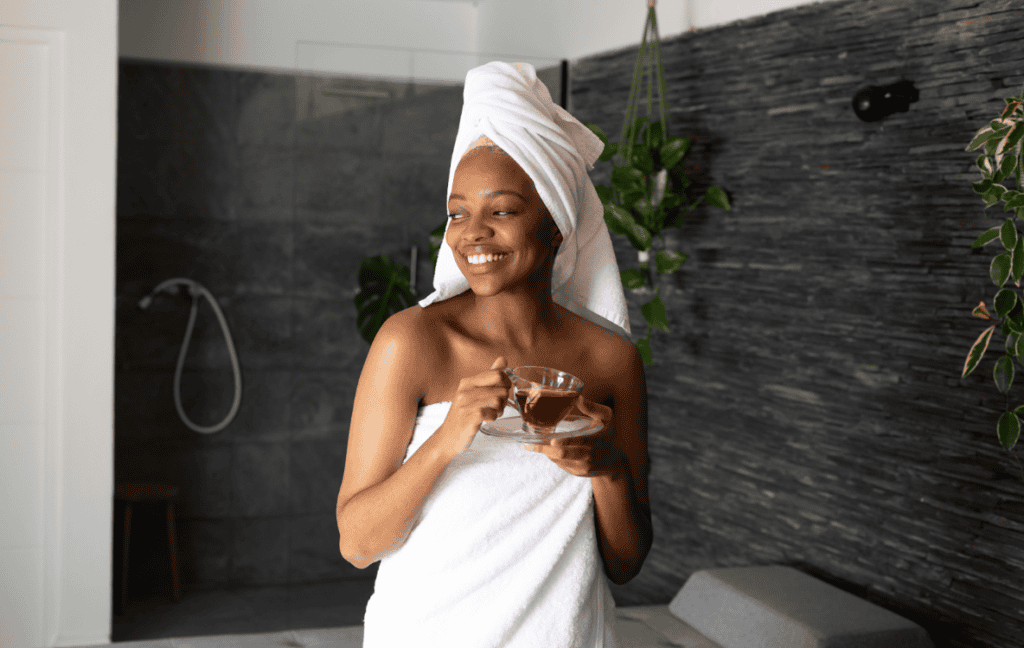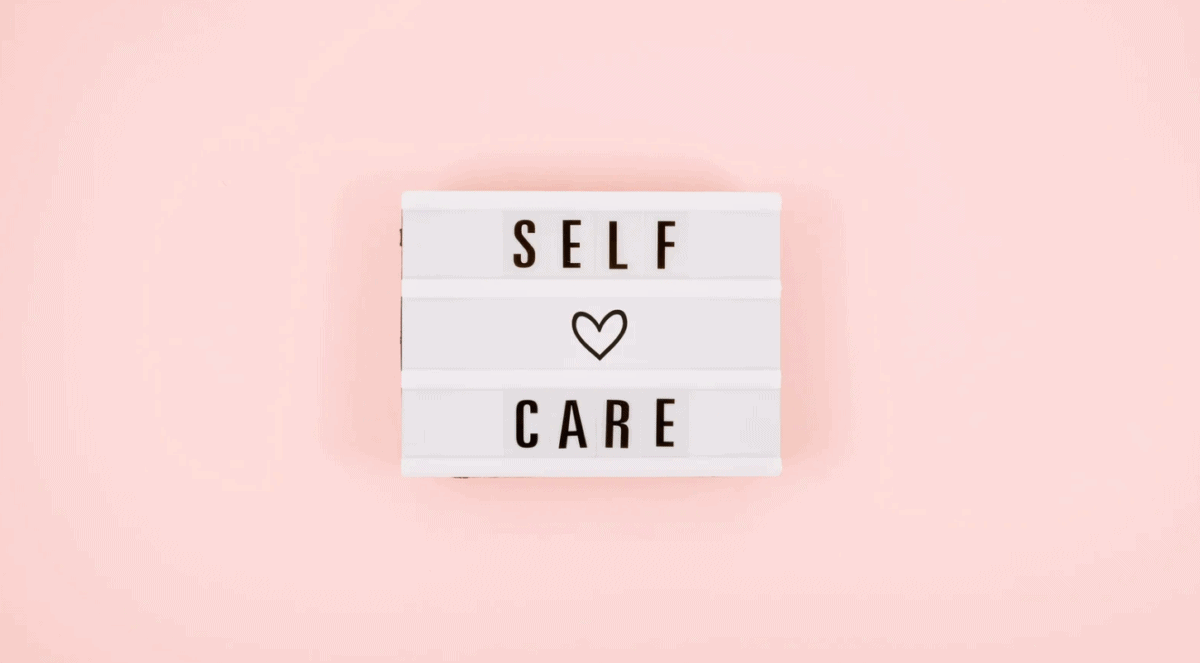Admit it – are you letting yourself go? Allowing your daily responsibilities to get ahead of looking after yourself? Yes, putting yourself first can be challenging, especially when life gets busy. But that’s exactly when you need to ramp it up. Self-care isn’t just a ‘nice to have’ – when it comes to maintaining our physical and mental health, it’s a must.
Here are our top tips for working self-care into your week, and putting yourself first.
Self-Care Tip # 1: Treat Every Day Like It’s Special
So often, we treat every day like it’s just that – the everyday. The worst part about doing this? The dull monotony of the daily grind, the repetition of routine, and the drudgery of day in and day out can make us feel lackluster, down in the dumps, and ultimately, lacking in purpose. Wake up, go to work, eat, sleep, repeat. Where’s the joy? It’s enough to make even the most inspired among us bored, dulled, and demotivated.

How to turn that around? Treat every day like it’s special. Use the good china. Wear that killer outfit. Spray the luxury perfume. Listen to your favorite song. Why wait for a special occasion to make your days feel extraordinary? If you want to reignite your passion for life, insert special moments into each day – moments that make you feel alive.
Self-Care Tip # 2: Look Out For Glimmers
What’s a glimmer? In essence, it’s the opposite of a trigger. It’s a sparkle, a moment of joy, an instance of serendipity that brings a smile to your face. Some examples?
The feeling of the sun on your skin. A cute dog stopping to sniff your shoes as you walk down the street. That first sip of coffee when it touches your lips in the morning. Being grateful for – and indeed, just noticing – these daily glimmers is an art, one that needs to be cultivated.
For the concept of glimmers to work, then, you need to be intentional about it. You need to seek out your glimmers. How? You must be constantly on the lookout for these patches of hope, these sparkles, and actively acknowledge them. Cultivating gratitude and a positive mindset by seeking out and noticing glimmers will help promote a positive mental state – one of the primary pillars of self-care.
Self-Care Tip # 3: Nourish Your Body and Your Mind
When we’re not feeling our physical best, it’s hard to cultivate positivity. The mind-body connection has been well-documented, and for good reason. Why? The way we feel physically has a huge impact on how we feel mentally and emotionally, and vice versa.
Ask yourself: when do you feel your best? Understandably, it’s usually when you’re at your healthiest and most relaxed. So how do you capture this feeling? You need to take active steps to make it happen, consistently. Steps like eating nourishing food, getting enough sleep, and regulating stress through soul-soothing activities like yoga and meditation.
Self-Care Tip # 3: Putting Yourself First – Your Appearance, Grooming, and Hygiene
Feeling lousy? Don’t dismiss the importance of the adage – “when you look good, you feel good.” The truth? There’s more to it than just the superficial. When you take care of your appearance – particularly, your grooming and personal hygiene – you feel more put together, more in control, and ultimately, infinitely better about yourself.
Why? By taking care of your outward-presenting self, you’re proving to yourself that you’re worth the effort. This does wonders for your self-esteem and self-worth. So, book that haircut. Get your nails done. Rock an outfit that makes you feel chic, confident, and comfortable. Remember – investing in your appearance is an investment in yourself.

Self-Care Tip # 4: Attend a Therapy Session
Are none of these self-care tips really helping you feel better? There could be a deeper issue. You may even need professional emotional support. Scared to seek professional help? Don’t be. There’s no shame in calling on psychiatric care, and there’s a wealth of mental healthcare resources just waiting for you to find them.
The first step? Acknowledging and accepting that you need the help. Next, you’ll need to find a therapist you can trust, one that has a proper accreditation – like an online master’s degree in counseling psychology, for example.
Then, once you know you can trust their credentials, ask yourself, do you trust them as a person? Building a positive relationship with your counselor is key to being able to open up to them, and getting the help you need. The best part? They may even be able to give you more self-care tips – ones we haven’t covered today.


